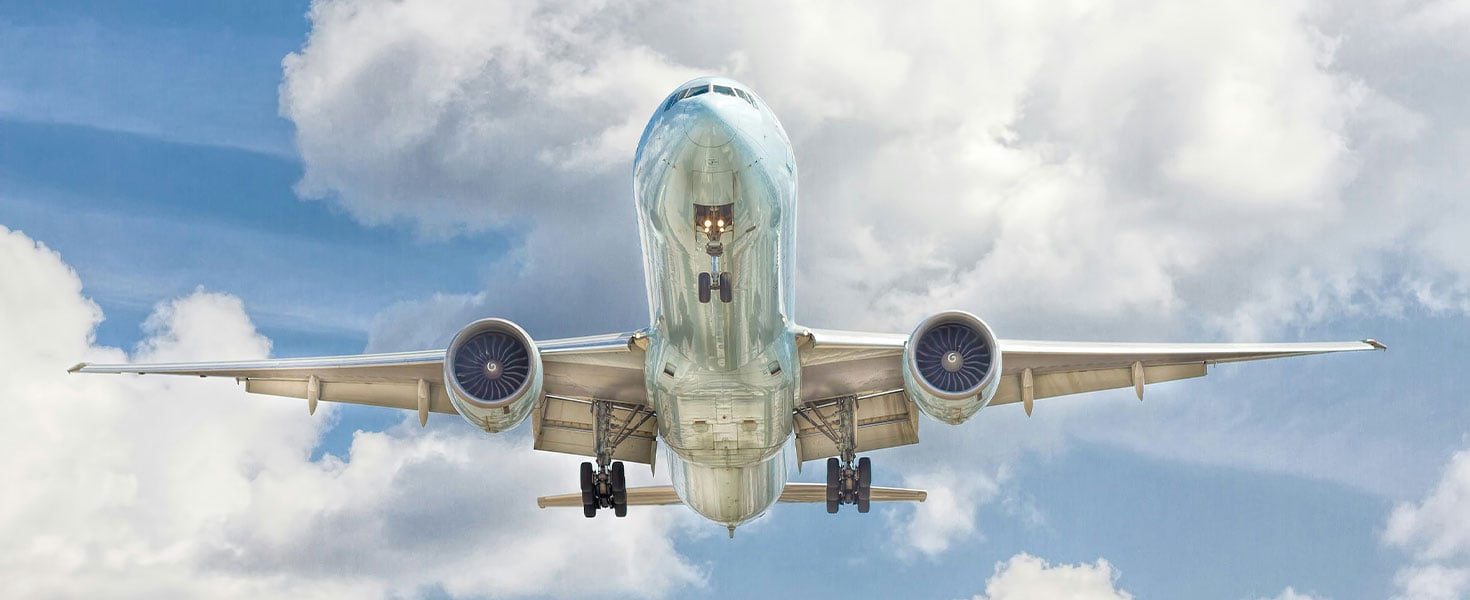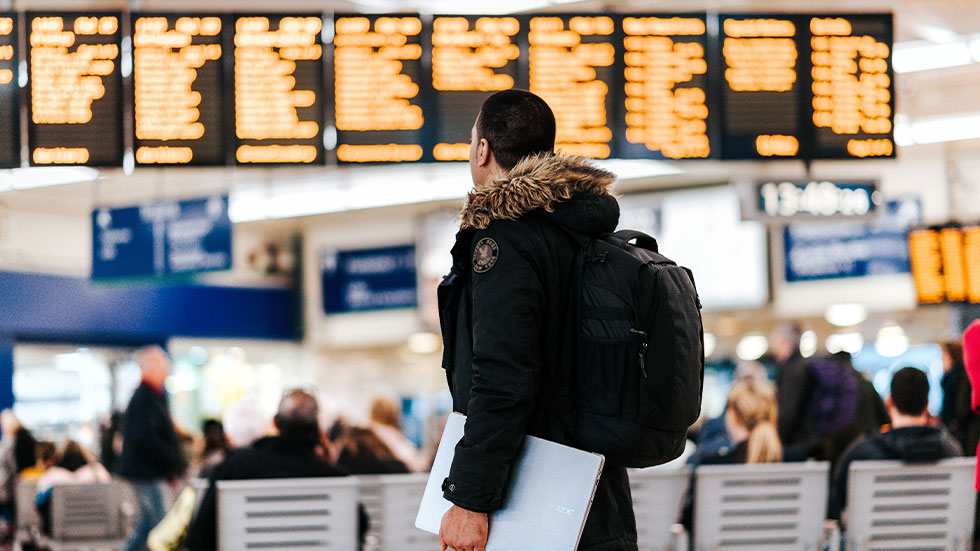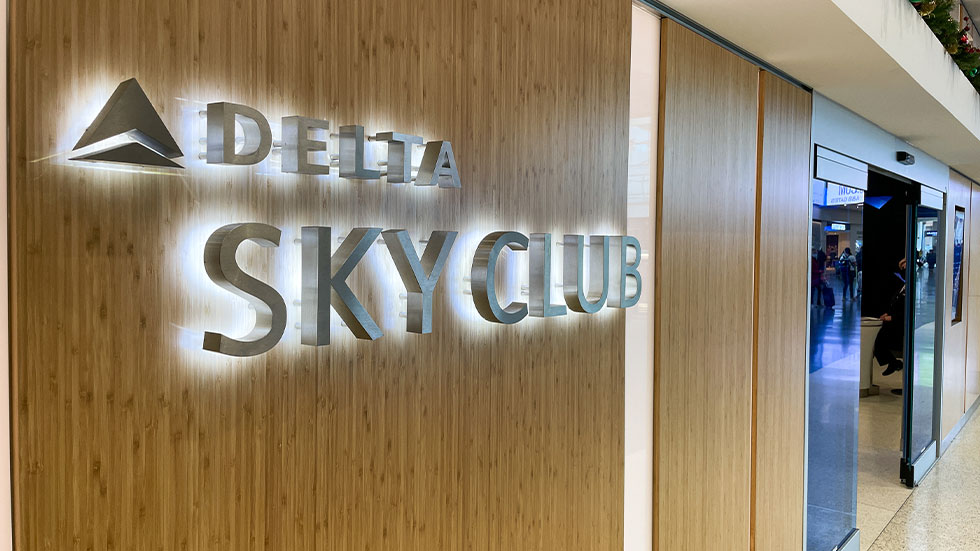What You Need to Know About Air Travel in 2024
5 key developments—how they impact your airfare costs and travel times


It’s been a year of drastic changes in air travel, with announcements coming down the wire almost daily from major U.S. carriers, airport officials, and government oversight groups alike. As 2023 winds down, let’s take a look at where the biggest air travel developments currently stand—and how they could impact business and leisure travel in the coming year.

Industry recovers amid persisting challenges
The first major announcement came in January, when Business Travel News reported corporate meetings had returned to pre-pandemic volumes, signaling an end to that sector’s recovery efforts. The announcement garnered mixed reactions, however, as travel providers struggled to balance the growing demand with lingering staffing shortages and supply-chain issues.
Meanwhile, flight delays and cancellations remained rampant across the industry, even as airlines began scaling back the relaxed policies introduced to aid inconvenienced travelers at the height of the pandemic. As stricter ticketing policies resumed, travel advisors searched for innovative ways to help customers retain value on cancelled and no-show tickets.
Travelers find support at the federal line
In February, U.S. lawmakers introduced the Airline Passengers' Bill of Rights and FAIR Fees Act in response to a December that saw Southwest cancel more than 16,700 flights over several days. The legislation, which is still making its way through Congress, would allow inconvenienced passengers to take legal action against at-fault airlines failing to provide sufficient restitution.
At the same time, the Federal Aviation Administration (FAA) invited the nation’s busiest hubs to claim their share of an estimated $1.5 billion in discretionary Airport Improvement Program funds. Soon after, the FAA began doling out more than $220 million in funding to address a series of runway safety incidents at nearly two dozen U.S. airports.

Loyalty passengers face tough decisions
Frequent flyers and airline rewards program members had much to discuss in the run-up to a record-setting summer travel season. After reporting a massive influx of new members to its SkyMiles rewards program, Delta came under fire in September, when it announced new guidelines that would make it harder for members to earn elite status and access airport lounges in 2024.
In similar fashion, American scrapped its traditional awards structure to accommodate an industry-wide shift to dynamic pricing. Representatives from both airlines have since acknowledged backlash to the changes. In October, Delta CEO Ed Bastian released this statement announcing the airline will walk back some of its initial changes to provide greater flexibility and access to SkyMiles member benefits.
Providers unveil a slew of new routes
It wasn’t all bad news for pandemic-weary travelers anxious to return to the skies this year. September brought a bevy of newly announced routes from the Big Four, while low-cost newcomers like Breeze Airways increased its presence at 19 major U.S. hubs that include Salt Lake City, Orlando, Pittsburgh, and New Orleans.
But few U.S. carriers went further to expand routes this year than American. Despite ending its Northeast Alliance with JetBlue in July, the airline unveiled its largest transatlantic expansion since 2019, with four new long-haul routes to Europe set to kick off next summer. In more good news for international air travel, government-imposed fee restrictions at London’s Heathrow Airport paved the way for cheaper service to the United Kingdom from a number of U.S. hubs.

Fleet and onboard upgrades to continue in 2024
In 2023, the travel world learned about “up-gauging,” a little-known aviation tactic that involves deploying bigger aircraft to address pilot shortages and congestion at major airports. The measure, which was ultimately adopted by the 11 largest U.S. airlines, came on the heels of Delta’s plan to add 15,000 additional premium seats across its fleet.
Meanwhile, United announced plans to upgrade its Polaris international business class experience for the first time in seven years, debuting a host of new amenities aimed at giving priority customers “the best sleep in the sky.”
It remains to be seen how these efforts will stack up among U.S. airport and airline rankings for 2024. But in a year marked by dubious wins and nagging challenges, air travelers can rest assured that providers across the industry are innovating to retain our business, control what they can, and keep airline passengers moving at a steady clip.
